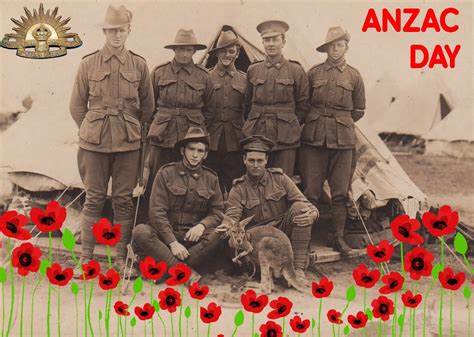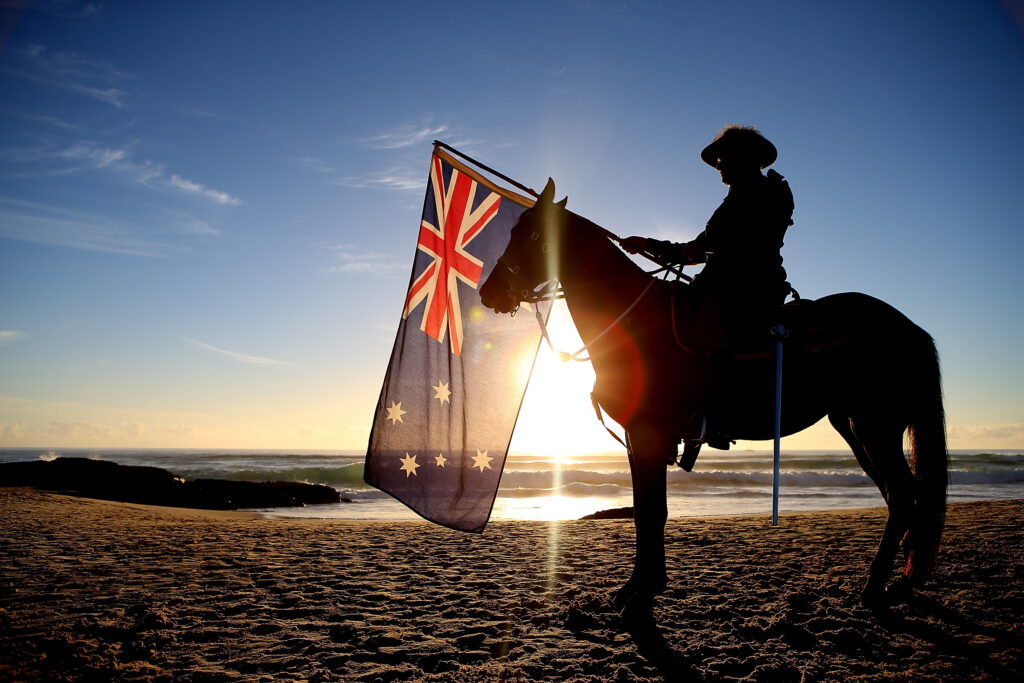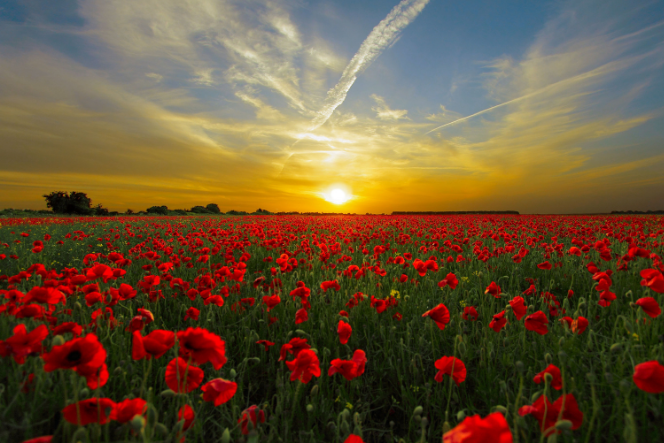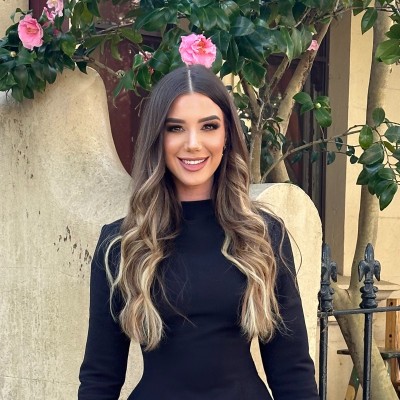ANZAC Day is a time to remember and celebrate Australians who have been a part of, or affected by, war and conflict.
We express our appreciation and respect through the Lest We Forget sentiments and we acknowledge that our liberties and freedoms were fought for by numerous Australians on foreign soils. We take the day to remember the tragedies that occurred and the injustices of war but express our thankfulness for the people who fought for us.
We commemorate the men and women who fought during the conflict, the families that were affected by the loss of loved ones or the irreparable trauma due to the war, but we often forget a significant group of Australians who also fought for our freedoms.
Aboriginal and Torres Strait Islander women and their contributions to Australia’s military history are often overlooked on this day of commemoration.
A part of failing to notice this group is due to Indigenous Australians not being counted as citizens until after the 1967 Referendum. However, Indigenous peoples have been involved in Australian defence for war and conflict over the decades.
Every year, ANZAC Day celebrations and commemorations have grown more inclusive and aware of the sacrifices that Indigenous Australians and their families provided during decades of conflict.

In 2007, the Black/Coloured Diggers March began in Redfern, organised by the Babana Aboriginal Men’s Group. This was to raise awareness and respect of the Indigenous people who participated in warfare, and their relatives who were affected by the history of warfare, because historically, Indigenous people’s contributions to Australian defence were not acknowledged.
This is changing. In 2018 there was a dawn service at Mount Ainslie in Canberra to commemorate Indigenous Australians. In 2019, further services were held nationally across Australia to pay respects to Indigenous people who have participated in past wars.
Indigenous women first served in the Australian Armed Forced in WWII, primarily as nurses or in support roles.
The first Aboriginal woman to serve overseas was Marion Leane Smith, who enlisted in Canada and served in England during WWI as an army nurse.
In WWII, at least nine Indigenous women served in the Australian army, air force and navy after they traditionally could only enlist as nurses.
Oodgeroo Noonuccal, (also known as Kathleen Walker), enlisted to the Australian Women’s Army Service in 1942. Oodgeroo was a signaller in Brisbane in the peak of war where 80,000 American troops were stationed, including African American soldiers. Oodgeroo was a great advocate for Aboriginal rights following the war, which may be attributed to her communication with African American soldiers during her service.

Majorie Tripp AO, was a member of the Women’s Royal Australian Naval Service. Known as Marj, at just 17 she signed up to the service and became the first Indigenous member. Marj became the chairperson of the Aboriginal and Torres Strait Islander Memorial Committee and was the driving force behind creating the Aboriginal and Torres Strait Islander War Memorial in Adelaide.
Now, we look at women like Wing Commander Cheryl Neal who joined the Royal Australian Air Force more than 30 years ago but continue to serve today.
Wing Commander Cheryl Neal has had a career with various roles and postings, but now she dedicates her time to “reinvigorating the Air Force” and ensuring that Indigenous people have a place in the defence force.
Indigenous women across the decades in Australia have served and contributed to the defence force, and thus the liberties we celebrate today.

The successes of Indigenous women in the defence forces are still emerging and being recognised, as we begin to acknowledge their experiences and commemorate them on a day where we should commemorate all efforts of soldiers and their families. Indigenous women are finally being recognised, they are no longer invisible, and their efforts are starting to be duly noted.
Indigenous women and men are finally being honoured in the ANZAC celebrations in 2019. We have a long way to go to ensure that all are celebrated and experiences are told, but we can now attempt to say Lest We Forget to more members of Australia.


